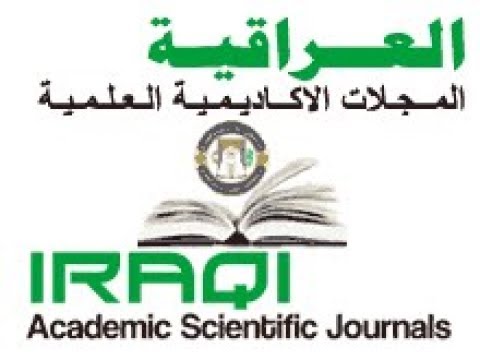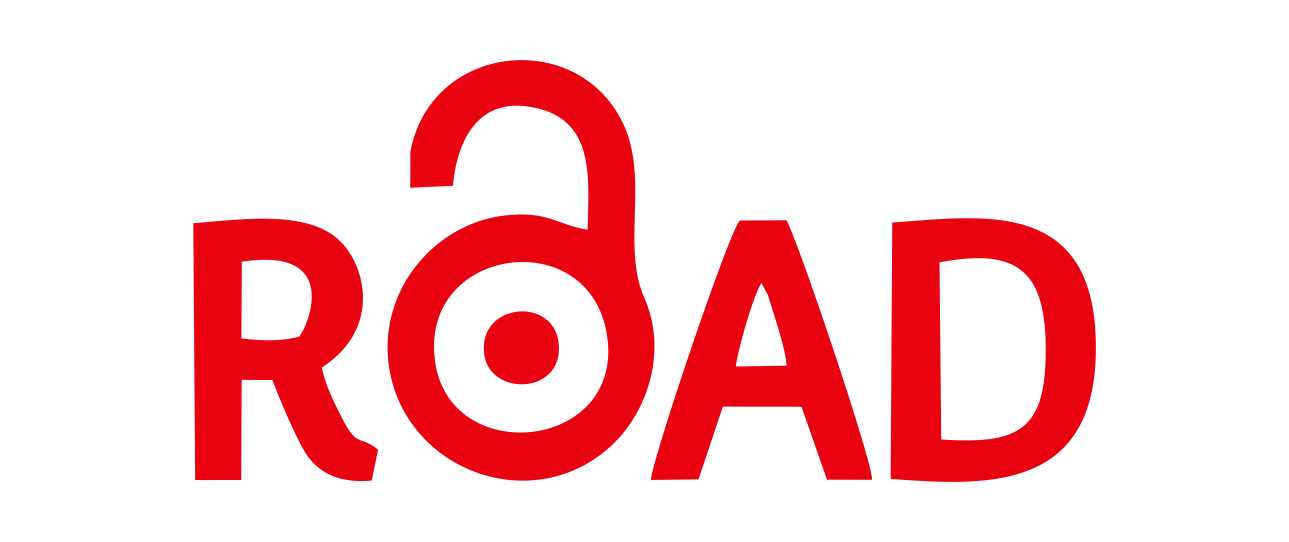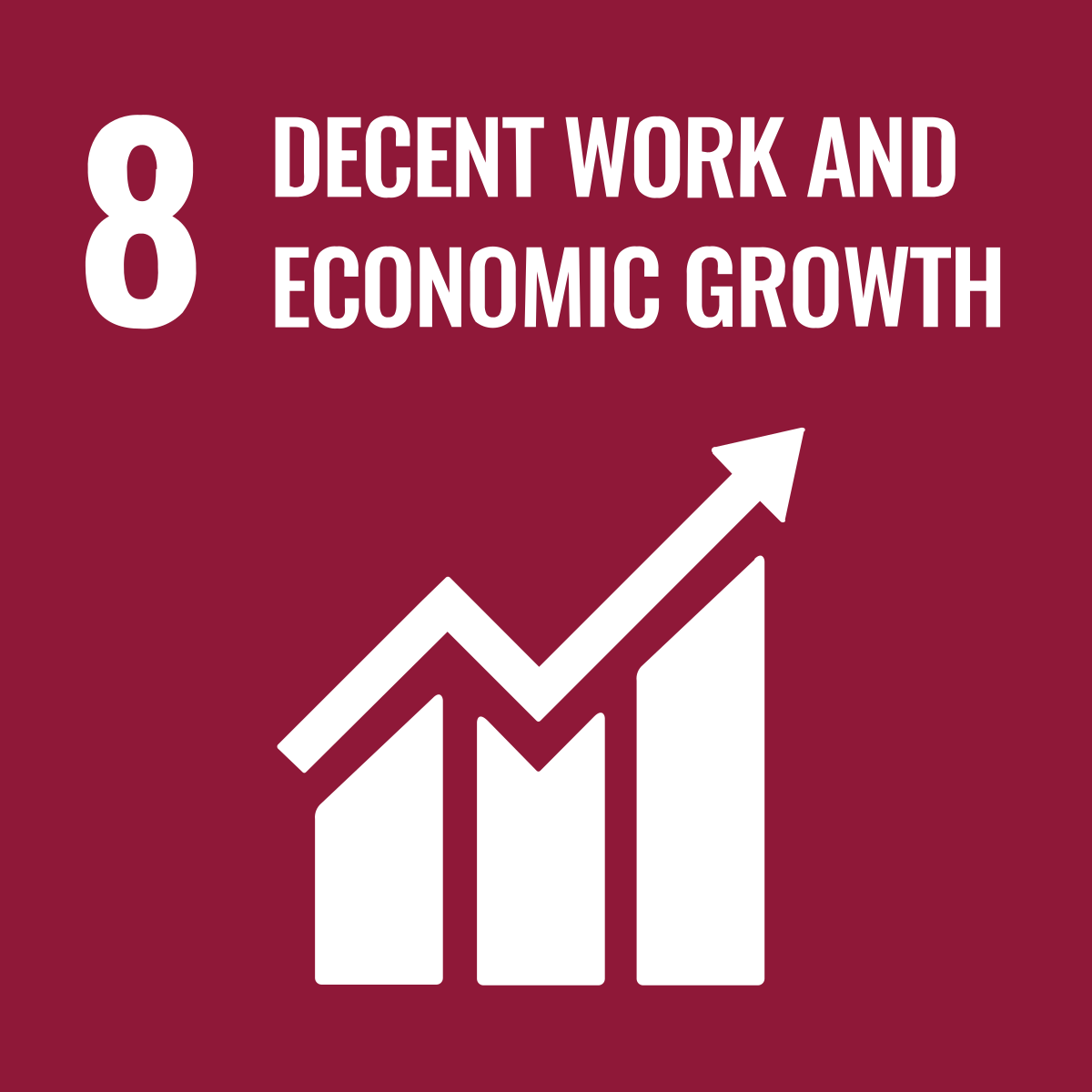Digital challenges and the impact of information crimes on competition and monopoly prevention policies in Iraq
DOI:
https://doi.org/10.56967/ejfb2025622Keywords:
competition policies, digital transformation in Iraq, digital economy, digital legislation, regulatory oversight, anti-monopolyAbstract
This essay discusses the many obstacles Iraq must overcome as it negotiates the swift digital transition brought about by new technology. Iraq urgently needs updated legal frameworks to handle sophisticated digital crimes that impede fair competition in light of the country's growing digital economy and emerging technical frontiers. The dynamics of digital markets cannot be adequately regulated by current anti-monopoly and competition laws since they are unable to keep up with dangers unique to the digital sphere, like information crimes. The effectiveness of Iraq's current legal, regulatory, and judicial systems in thwarting monopolistic behaviors and fostering competition in the digital age is examined in this paper. The study suggests a multifaceted strategy for bolstering Iraq's legal framework and competition laws, starting with significant investments in digital infrastructure and public-private cooperation. Increasing worker specialization, raising awareness of digital crimes, updating competition rules to match technology advancements, and broadening digital access across areas are some of the main recommendations. The report also calls on government agencies, business players, and non-governmental organizations to coordinate their activities and promotes international alliances to build technical oversight capacities. Iraq can strengthen its position in the global digital economy, encourage fair competition, and support economic growth by putting in place a robust digital regulatory framework
Downloads
Downloads
Published
How to Cite
Issue
Section
License
Copyright (c) 2025 ammar alhusseini

This work is licensed under a Creative Commons Attribution 4.0 International License.
This is an Open Access article distributed under the terms of the creative commons attribution (CC BY) 4.0 international license which permits unrestricted use, distribution, and reproduction in any medium or format, and to alter, transform, or build upon the material, including for commercial use, providing the original author is credited.









